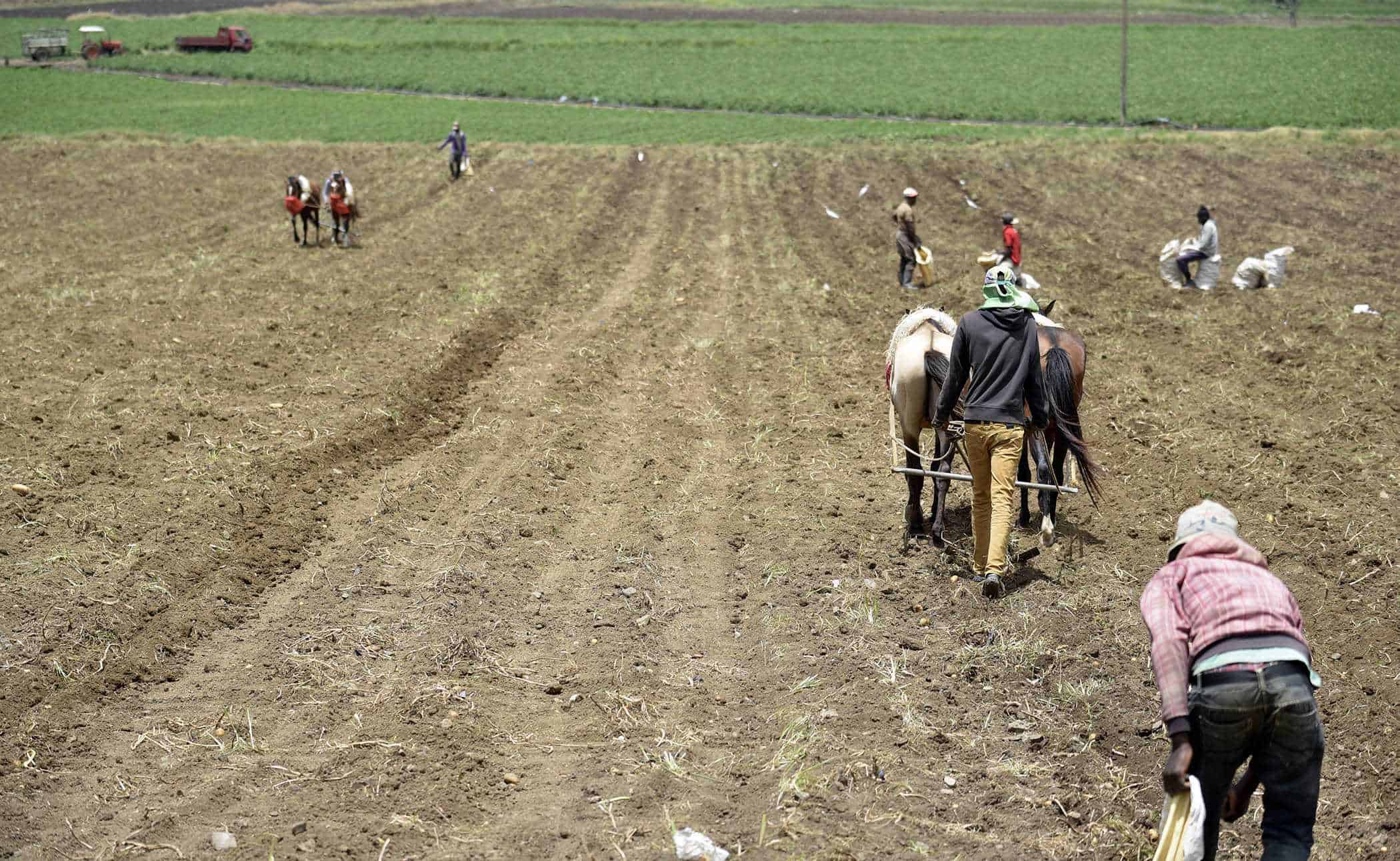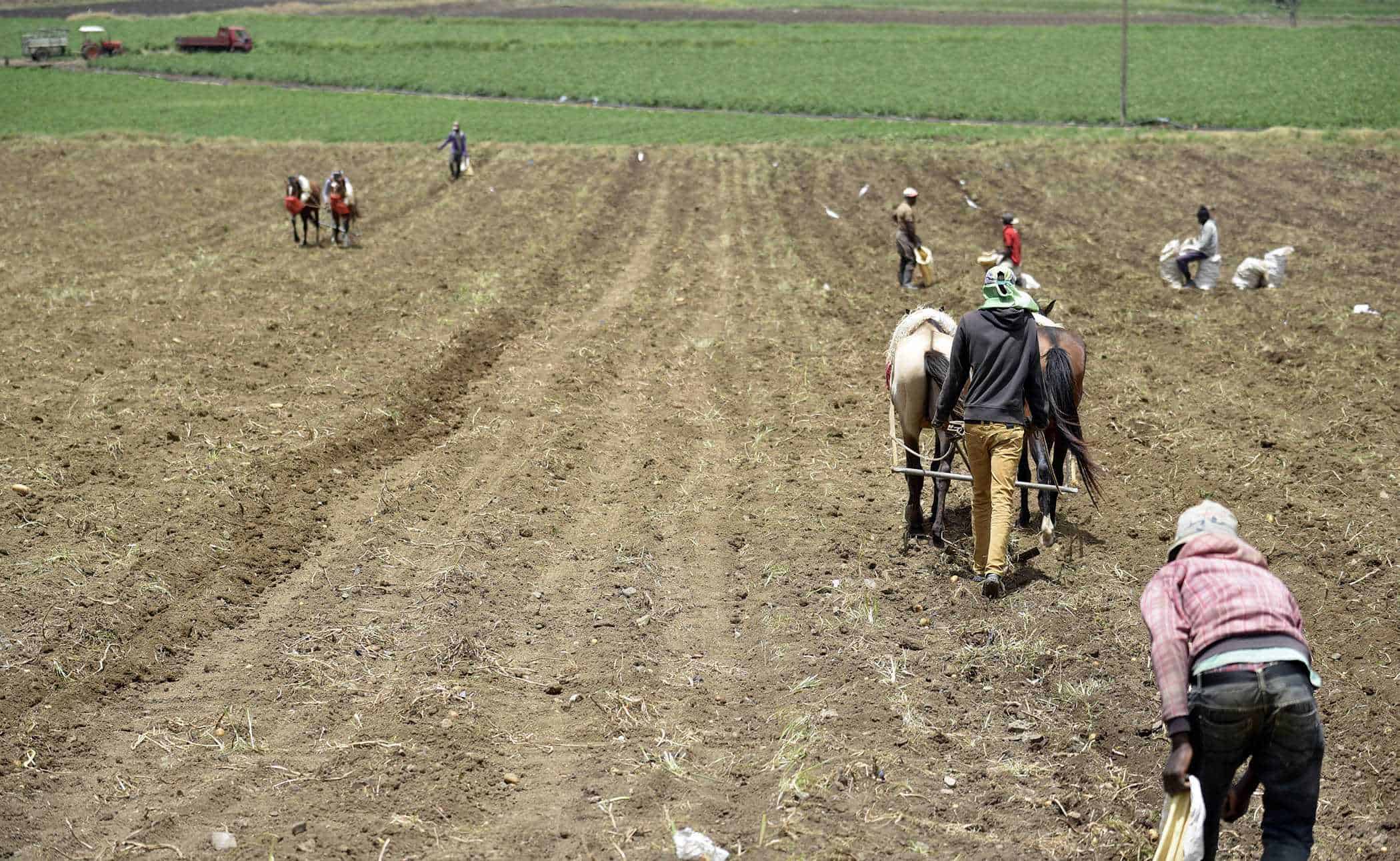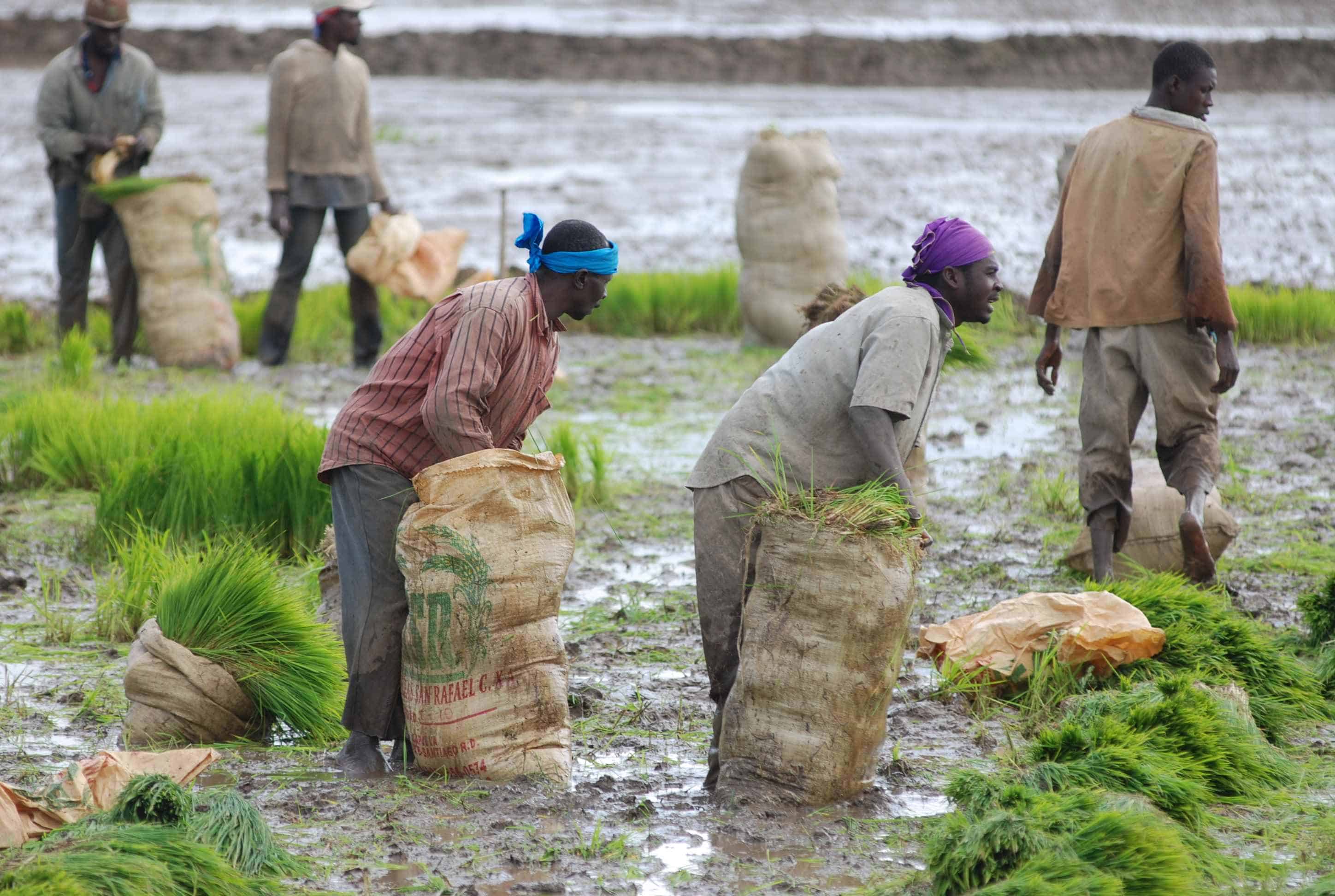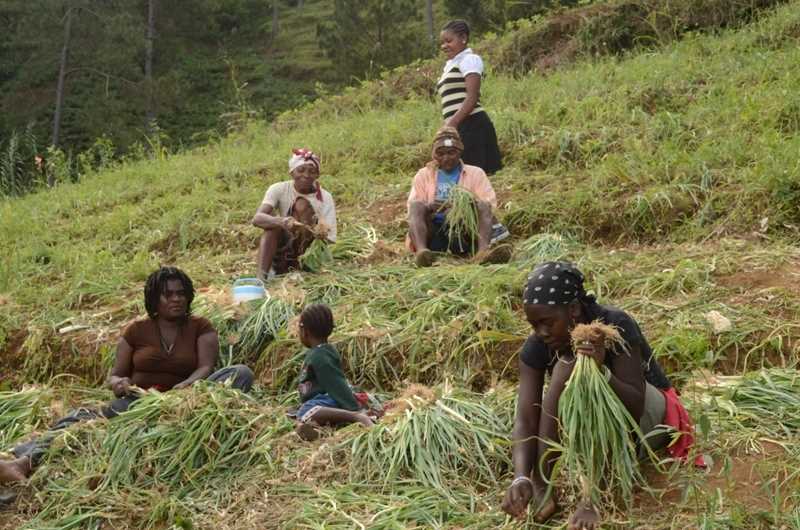
The agriculture sector is another of those greatly affected by the immigration plan of the Government.
One week after the start of the repatriation operation of migrantsfrom the banana sector It was assured that the situation is generating a lot uncertainty not only in the producers, but also on buyers due to lack of compliance.
The same thing happens in rice segment, whose representatives affirmed that they notice the pressure of the project of the General Directorate of Migration in the areas of Montecristi and Mao in full preparation of the land to then water the seeds, since the availability of the labour is scarce and the persecution by the authorities is greater.
The director of the Dominican Association of Banana Producers (Adobanano), Martín Edwardo, guaranteed that there are losses in various aspects of banana sector. He immigration plan “generates a lot uncertainty in our producers who weekly prepare the packaging of the banana to take it to the ship (…), we also generate insecurity among our buyer because we do not comply,” he declared.

Furthermore, he explained that the haitians They do not want to go out to the farm to work for fear of being deportedand that limits them.
“There is also the fact that some foreigners are leaving voluntarily so as not to lose their trousseau when they are deported. The situation is urgent for us because there is shortage of labourespecially in the area of Valverde and Montecristi,” he reiterated.
For this reason, Edwardo calls for banana sector for regularize to workers with temporary employment visasin order to have a guarantee that they will not be deported. “We agree that the law is followed, but to save the banana industry it is necessary to be able regularize to our workers and, in this way, be able to comply with the contracts established for this year and the coming months,” he justified.

From the rice area, the president of the Dominican National Federation of Rice Producers (Fenarroz), Marcelo Reyes, explained that the haitian migration in the Dominican Republic is quite complex and presents many aspects and challenges, especially in the agriculture. “We are presenting shortage in the availability of the labourwhich would be making the hour/day more expensive at an unprecedented rate, in different areas of the country they are around between 125 pesos to 160 pesos/hour, representing a increase that oscillates in 15 percent additional“he declared.
Consequently, he explained that this situation, in the medium term, could be reflected in a increase of the production costs and sustainability of the sector, which would reduce the availability of food for the population and an increase in prices.
For this reason, Reyes highlighted the need for border control. “The lack of a border control effective facilitates the irregular entry of workers, avoiding the ‘macuteo’, which prevents the State from implementing a immigration policy orderly and beneficial to the country,” declared Reyes.

The president of Fenarroz defended the necessary protection of borders and implementation of mechanisms that guarantee that “only workers for each specific sector and with a zoned work permit enter a territory or demarcation of the country.”
Likewise, he explained the need to design regulations that regulate the hiring of migrants that are adapted to the realities of the Dominican countryside. And, furthermore, he asked for a immigration regulation program so that the workers haitians can legally integrate into the agricultural labor system.
Migration guarantees rights
Vice Admiral Luis Rafael Lee Ballester, general director of Immigration, met yesterday with the civil authorities of Santiago, with the aim of coordinating actions to guarantee respect for human rights during operations against citizens haitians who are in an irregular immigration situation in the country. He explained that the objective is to comply with what is established in the legal framework of the Dominican Republic, as well as in international treaties.
The government’s goal is to deport up to 10,000 migrants haitians irregular per week. Last Monday, Migration reported that in the first five days of the operation it had returned 7,217 migrants to their country. haitians in irregular condition.



